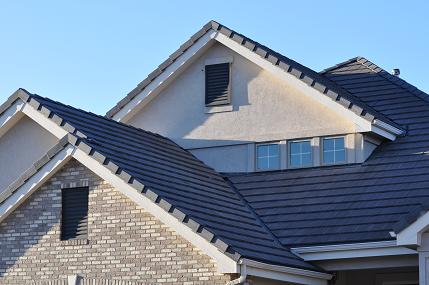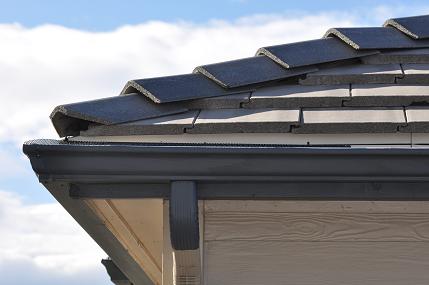The following information is provided to help assist you in making good decisions when addressing the need for a roof repair or replacement.
Things to consider when choosing a Roofing Contractor:
Insurance - Be sure the contractor has liability and worker's compensation insurance on all employees or subcontractors. Contractors may use subcontractors that do not have the proper insurance. If an accident occurs the workers could take legal action against the homeowner.
Experience - Be sure the contractor and crews have the experience on projects similar to yours. We have a long list of references on all types of projects just check our reference list available online. Also the contractor should have the manpower to execute such a project. Quality Roofing employs the necessary amount of roofers to be sure we have the manpower to get the project done well and in a timely fashion.
Stability – Be sure the contractor has been in business for some period of time; at least five years under the same company name. Also ask for a list of suppliers that the company uses, contact them to determine stability. Suppliers can place a lein on the property if the contractor is not paying the supplier. A contractor that is in bad standing with suppliers is not typically a contractor that is going to be in business long. A warranty is only as good as the company issuing it. Also be sure the contractor belongs to reputable organizations. Quality Roofing has been in business five years and is always in excellent payment status to all accounts payable.
Supervision/Safety – Be sure your contractor will be OSHA compliant and also take the necessary precautions for the safety of all residence. Also be sure the contractor will designate a supervisor and foremen to your project. Quality Roofing employees are required to wear safety gear and abide by OSHA standards. Quality Roofing will designate a supervisor and foreman to go over the project with the homeowners so expectations regarding efficiency, organization, and cleanliness are met or exceeded.
Things to Consider About Your Next Roof:
 When considering a new roof, the two key dimensions you should think about are the material and the color (and, of course, cost!).
When considering a new roof, the two key dimensions you should think about are the material and the color (and, of course, cost!).
First, Materials. A high performance roofing material coupled with a well insulated attic will help to keep your home warm in the winter and cool in the summer. Your roofing material is the final layer of protection from the outdoor elements and from indoor heat loss. When deciding what’s green and what’s not, you should consider several aspects of a given material. These include the raw material source and composition, durability / life cycle, maintenance, and disposal. Often there are tradeoffs: a very durable and efficient material (such as metal) might require more energy to produce. Cost and ease of installation are not necessarily green attributes, but will always be factors in your decision.
Next Color. It should be no surprise that a light colored roof reflects heat and a dark roof absorbs it. Due to overdevelopment in urban areas, an abundance of dark colored roofs (often asphalt) can raise outdoor temperatures. Elevated temperatures impact communities by increasing peak energy demand, air conditioning costs, and air pollution levels. Light colored roofs, often referred to as “Cool Roofs”, are roofing materials that have a high solar reflectance rate and thus help to reduce outdoor temperatures and reduce heat transferred into a house. This happens because cool roofs reflect the sun’s energy and keep the roofing material cooler on those hot summer days. If you live in a heating-dominated climate outside of the city, dark roofs may be the way to go since they will capture more of the sun’s energy during cold weather. But in most urban and cooling-dominated places, light is right!
ROOFING TIP OF THE MONTH
 Shingles are by far the most popular roofing material in the United States, but that doesn't mean they are all the same. Recently, manufacturers have developed a wide palette of shingles that meet all construction and color needs of any homeowner.
Shingles are by far the most popular roofing material in the United States, but that doesn't mean they are all the same. Recently, manufacturers have developed a wide palette of shingles that meet all construction and color needs of any homeowner.
Before investing in a shingle roofing system, it is very important to gather the following information:
Building Codes, Roof Slope, & Climate....
To get more on this tip visit our BLOG
(303) 404-0502
Make sure to check out your Roofing Options


